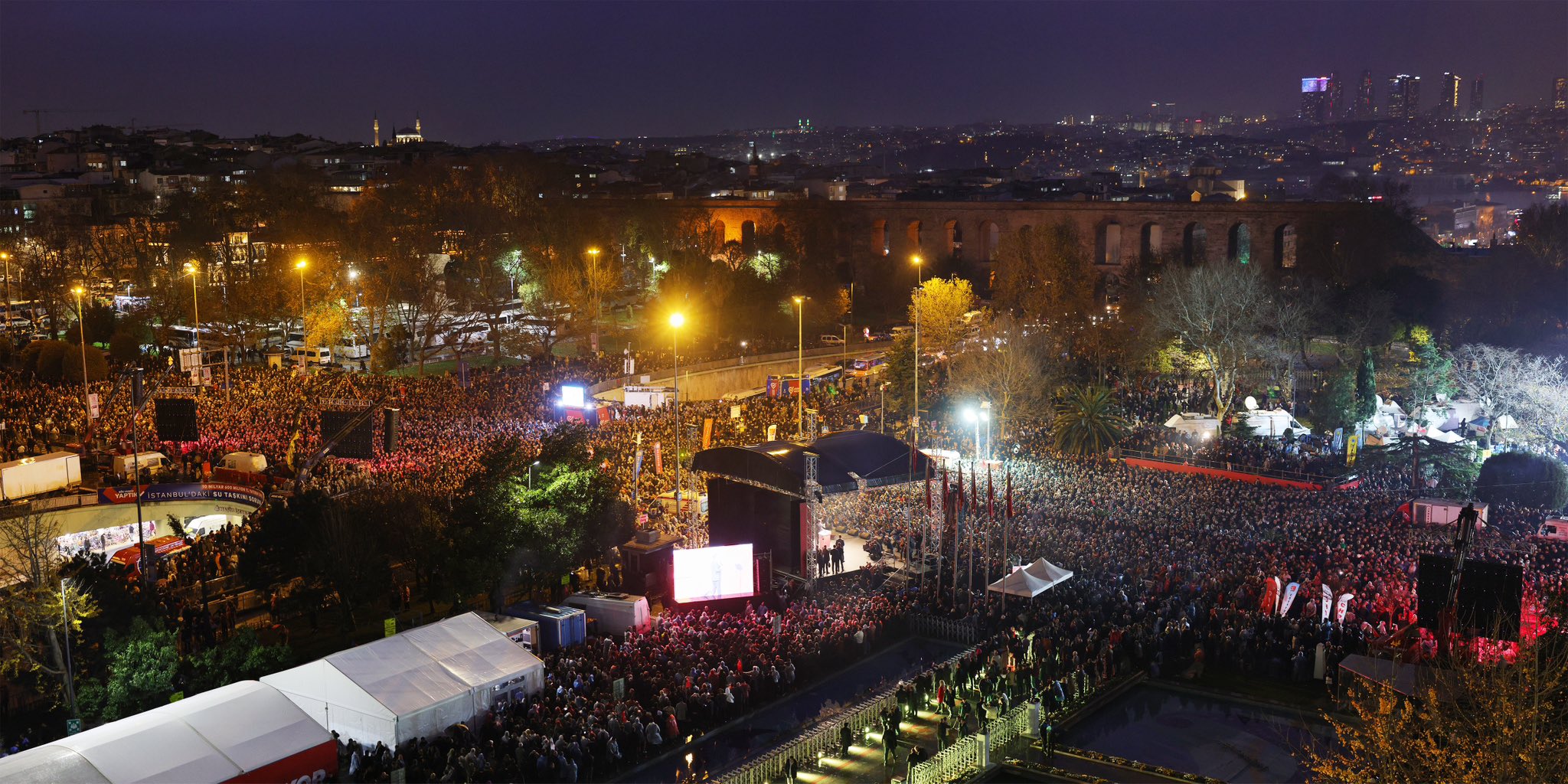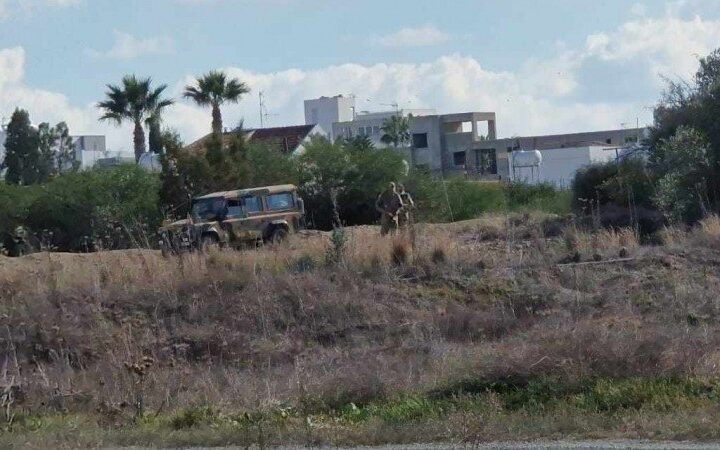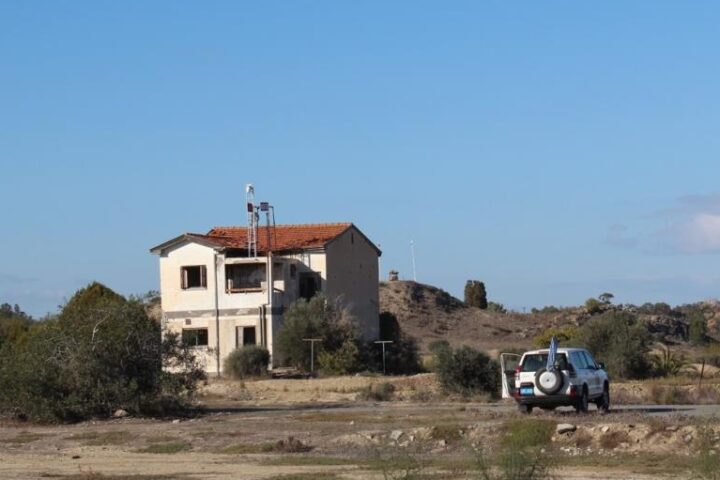The Turkish Lira dived against the dollar this week as the Turkish state took control following the conviction of Istanbul’s Mayor, the biggest threat to President Recep Tayyip Erdogan’s 2023 re-election.
The Lira fell to a record low against the dollar this week, trading at 18.63 on Friday.
Turkey’s economy has been badly strained by a slumping lira and soaring inflation of over 85%, as Erdogan’s fiscal policies were seen as the main reason for the currency’s demise.
The Lira shed 44% of its value against the dollar in 2021, most of it during the crisis. It has declined by 29% this year, touching historic lows.
Adding to instability in the country, on Wednesday, a Turkish court sentenced Istanbul Mayor Ekrem Imamoglu to jail, imposing a political ban on the opposition politician.
Imamoglu is seen as a strong potential challenger to President Recep Tayyip Erdogan in next year’s general election.
He was sentenced to two years and seven months in prison along with the ban, both of which must be confirmed by an appeals court, for insulting election officials in a speech he made after he won Istanbul’s municipal election in 2019.
He was sentenced for allegedly calling the election council ‘dumb’ after cancelling his win, sending the Turkish city of 15 million inhabitants to a repeat vote, which he won with 54%.
Istanbul’s mayor is a strong candidate to be nominated as the candidate of a six-party coalition led by the main opposition Republican People Party (CHP), of which he has become a predominant figure.
The verdict drew wide criticism at home and abroad as an abuse of democracy, with hundreds of thousands of Istanbul citizens pouring into the street in front of Istanbul’s municipality.
If the courts approve of the ruling, Imamoglu could appeal, with proceedings taking up to two years.
He will be able to hold on to office as Istanbul mayor but not be allowed to run for President.
In comments to the Financial Mirror, Professor in Middle Eastern Studies Dr Nikos Moudouros said that Imamoglu’s conviction is the latest episode in Turkey’s transformation to a totalitarian state, with the ruling AK Party’s intervention in justice.
“The Erdogan administration is utilising the judiciary system, fully aligned with AKP’s rule, at a time when the political agenda of the executive power’s legitimacy is diminishing in the public eye”.
He noted that this move was not the first intervention using the judiciary.
Moudouros said it goes back to the municipal elections in 2014 when the state went after a series of pro-Kurdish politicians elected mayors.
“This continued in 2019 when the (pro-Kurdish) People’s Democratic Party (HDP) prevailed in 65 municipalities.
“The judiciary system intervened, challenging the results, replacing the mayors of 59 municipalities with technocrats”.
Some 19 elected mayors had been brought before a court on various charges and jailed for a cumulative 140 years.
Moudouros argued that this is a dire development for the country’s political future as it comes one step closer to becoming a full-blown totalitarian state.
“Every opposition politician is in danger of losing their political right of being elected ahead of the elections in 2023”.
Imamoglu is the first politician to break AKP’s 25-year control over the Istanbul municipality.
“However, there is a positive side to the development, as the ruling has pushed the opposition to pull together and put forward common positions before the people.
“To develop a common political position with a practical outcome, as a result of the public’s reaction.”
He argued that the road for the opposition to join forces to oust Erdogan in the upcoming elections is not paved with roses.
“There are grey areas. For example, the opposition has failed to overcome internal rivalries for a joint presidential candidacy,” said the UCy professor.
Turkish Cypriots
Also, talking to the Financial Mirror, Professor of Political Science at the Eastern Mediterranean University in the north, Ahmet Sozen, said developments in Turkey directly affect Turkish Cypriots.
Sozen said that this development is not unrelated to Turkey’s interventions in the north.
He recalled that Erdogan was unjustly removed from the post of Istanbul’s mayor in the 1990s for reading a poem that the courts ruled violated Turkey’s secular laws.
“Ironically, it was then Prime Minister Deniz Baykal of CHP that lifted the ban on Erdogan because this was ‘dumb’ and not democratic.
“The latest development, with the conviction of a leading figure of the opposition, will have a trickle effect on the northern part of the island, as Erdogan has said that what happens in Turkey will happen here too”.
The professor said Turkey’s President is pushing for adopting a presidential system in the north, as in Turkey.
He pointed to the efforts to build a large-scale presidential palace in the north and to switch to driving on the right instead of the left to match Turkey.
“Erdogan wants everybody and everything to align with his views and policies.
“This is the same with the north.
“That is why he has openly taken aim at Turkish Cypriot politicians such as former Turkish Cypriot leader Mustafa Akinci and supported Ersin Tatar for the presidency”.
He explained that Erdogan sees the north as an extension of Turkey, despite his calls to the international community to recognise the north as an independent state.
Sozen said that Turkey’s assertiveness on a global level is part of the same package of Erdogan’s policies.
“Stepping up authoritarianism at home, stepping up assertiveness on the international stage”.
“Erdogan believes that everything is up for grabs; that is why he is becoming more assertive in the international arena.”










